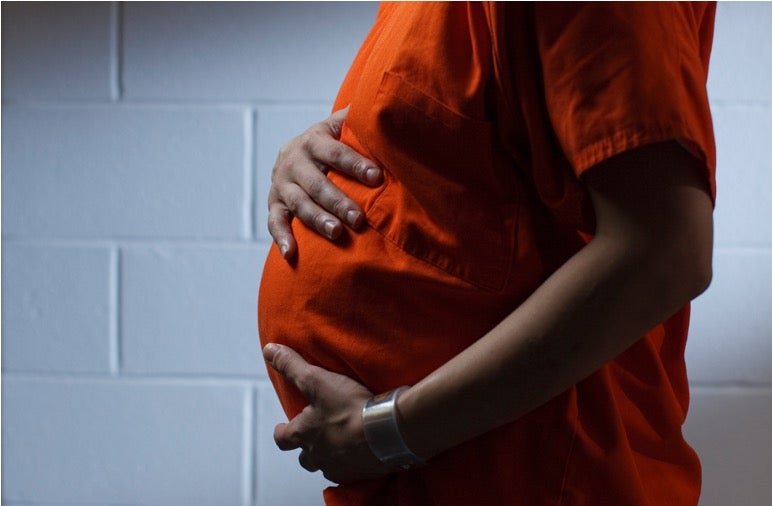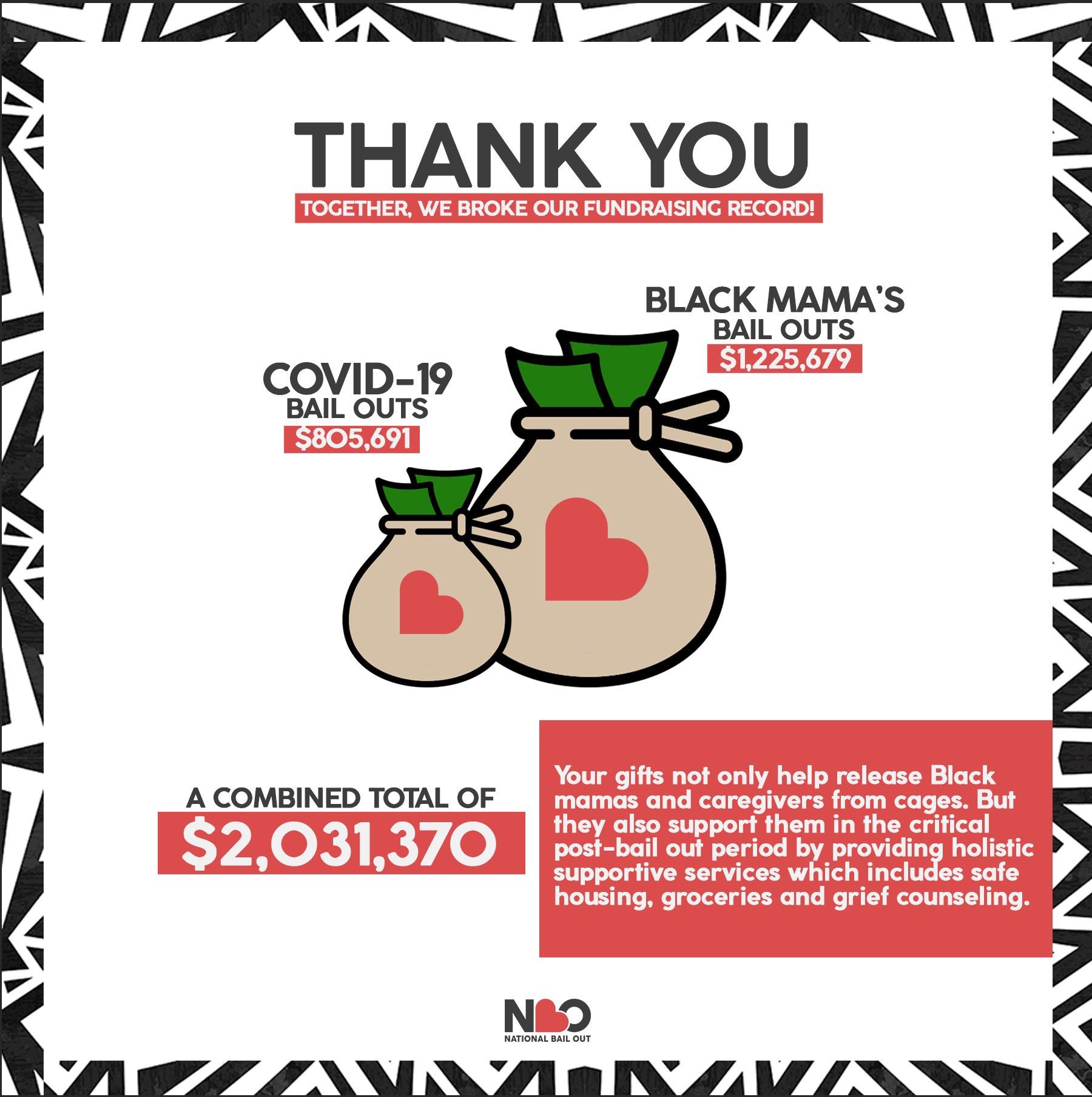
A 27-year-old pregnant woman was detained in a coronavirus-infected prison on nonviolent offenses, according to The New York Times. Her crime was failing to show up for court hearings on traffic-related violations in addition to other related charges.
Criminal justice reform activists say the situation involving Diamond Davis of Montgomery, Alabama, brings to the forefront a number of issues they’ve been working hard to address in light of the current health pandemic. While Davis had accumulated 16 outstanding warrants, mostly for driving violations, those coming to her defense say it’s the overpolicing of Black communities and then the punishment of lower-income people that landed her in a now criminal conundrum.
Davis was detained in a Montgomery city jail overnight, after being pulled over for driving a car that displayed temporary license plates past the time that they were to have been replaced. When officers stopped her, they realized she was driving without a license or car insurance and owed fines to the court. A spokesman for the Montgomery Police Department said Davis, who is unemployed, was one of those “extreme nonviolent cases” that warrant an arrest and some form of detention. Advocates disagree.
Reform advocates told the Times that locking women like Davis up is part of a vicious cycle that tends to target the disadvantaged. People get tickets, can’t pay the fines, skip court to avoid paying the fines and then get locked up when they are pulled over. During the COVID-19 crisis, the consequence seems excessive to some, who say that detainees could face a death penalty by being jailed in close quarters that have been proved to be infected with the novel coronavirus.
It’s why National Bail Out started a campaign to free Black mothers and caregivers amid the pandemic. ESSENCE previously reported that the coalition is bailing out mothers, providing weeks of groceries and paying rent along with offering other support services to address some of the legacies of structural racism that often lead to Black women being placed in jails.

“Jails are disproportionately putting Black women—and the entire country—at even further risk of coronavirus and complicated outcomes by keeping them in cages where they are often in close proximity with one another and have to engage in unavoidable interactions with jail staff who may be infected with the virus,” writer and activist Philip V. McHarris wrote in an op-ed.
What Diamond Davis describes as a scary ordeal is a reminder that thousands of incarcerated people throughout the country are at risk of dying due to something as minor as a parking violation.